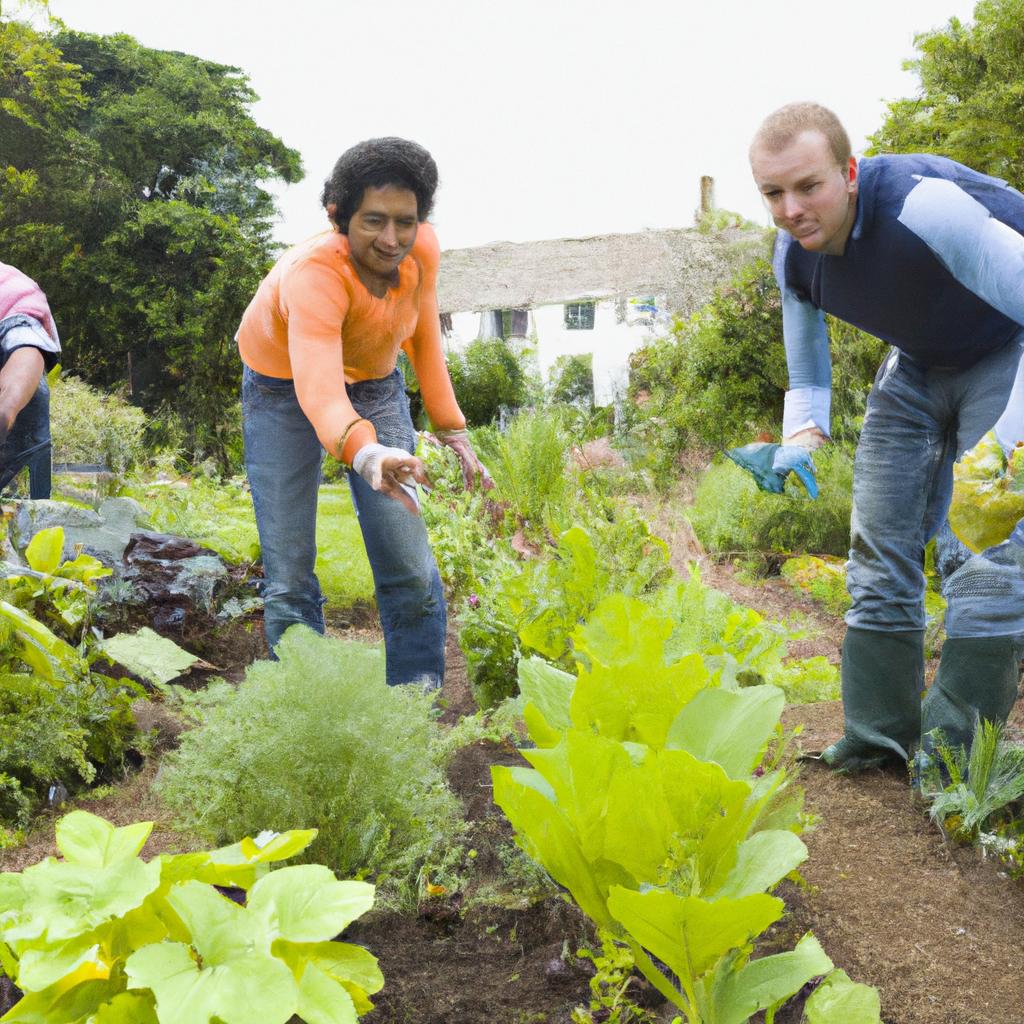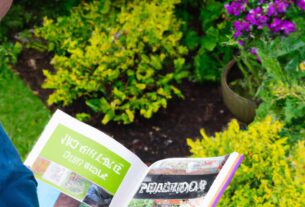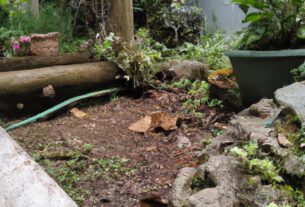Organic gardening is not only a popular trend but also a sustainable way to grow fruits, vegetables, and flowers. By using natural methods to cultivate plants, organic gardening reduces the use of harmful synthetic pesticides and fertilizers that can damage the environment and compromise our health. In this article, we will provide you with some organic gardening tips and tricks to help you start and maintain your own organic garden.
Soil Preparation
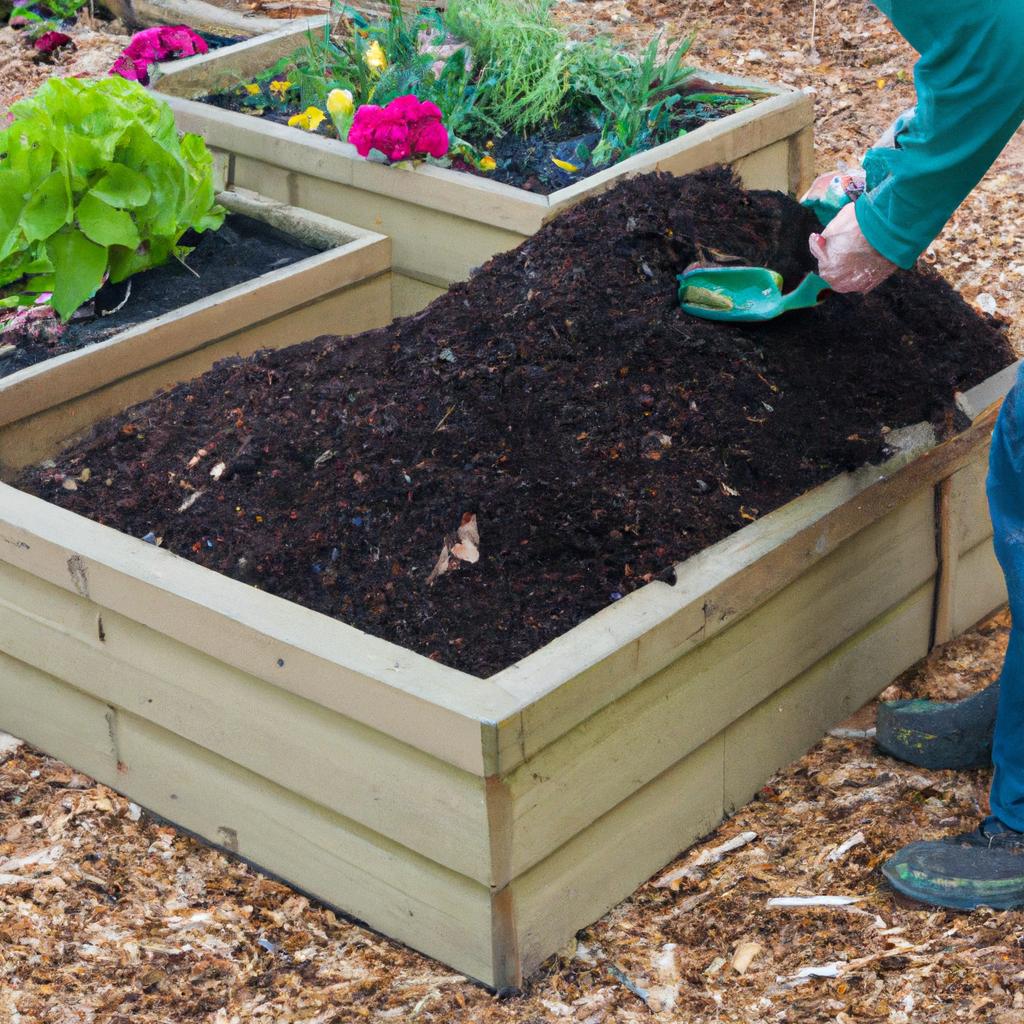
One of the most critical aspects of organic gardening is preparing the soil. Healthy soil serves as a strong foundation for your plants to grow and thrive. Before planting, it is crucial to test your soil to determine its pH level and nutrient content. You can easily purchase a soil test kit at your local garden center or online.
Once you know the pH level and nutrient content of your soil, you can enhance its quality by adding organic matter. Organic matter, such as compost, leaf mold, and aged manure, improves soil structure, increases water retention, and boosts nutrient levels. You can even create your own compost by collecting kitchen scraps, yard waste, and other organic materials in a compost bin.
In addition to adding organic matter, using mulch can help retain moisture in the soil and suppress weed growth. Organic mulches like shredded leaves, straw, and grass clippings are excellent choices. By taking these steps to prepare your soil, you will create a healthy and productive organic garden.
Plant Selection and Care
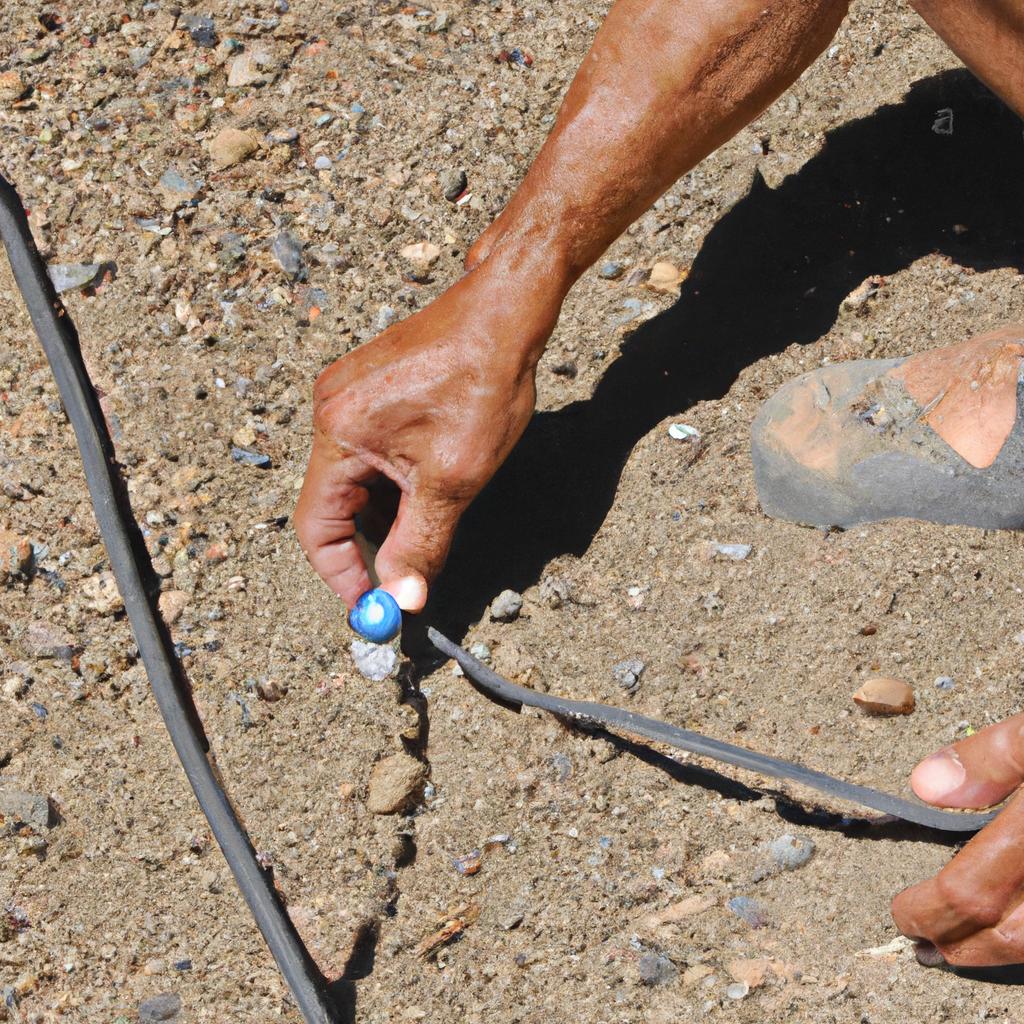
Choosing the right plants for your garden is another crucial aspect of organic gardening. When selecting plants, consider varieties that are well-suited to your climate and growing conditions. You can seek advice from your local garden center or extension office to determine the best plants for your area.
Companion planting is an essential consideration when selecting plants. It involves growing different plants together that benefit each other in some way. For example, planting marigolds alongside tomatoes can repel harmful insects and improve the overall health of the tomato plants.
Once you have selected your plants, it is vital to provide them with proper care. This includes regular watering, adequate sunlight, and controlling pests and diseases using natural methods. By following these organic gardening tips and tricks, you will create a beautiful and sustainable garden.
Organic Fertilizers and Amendments
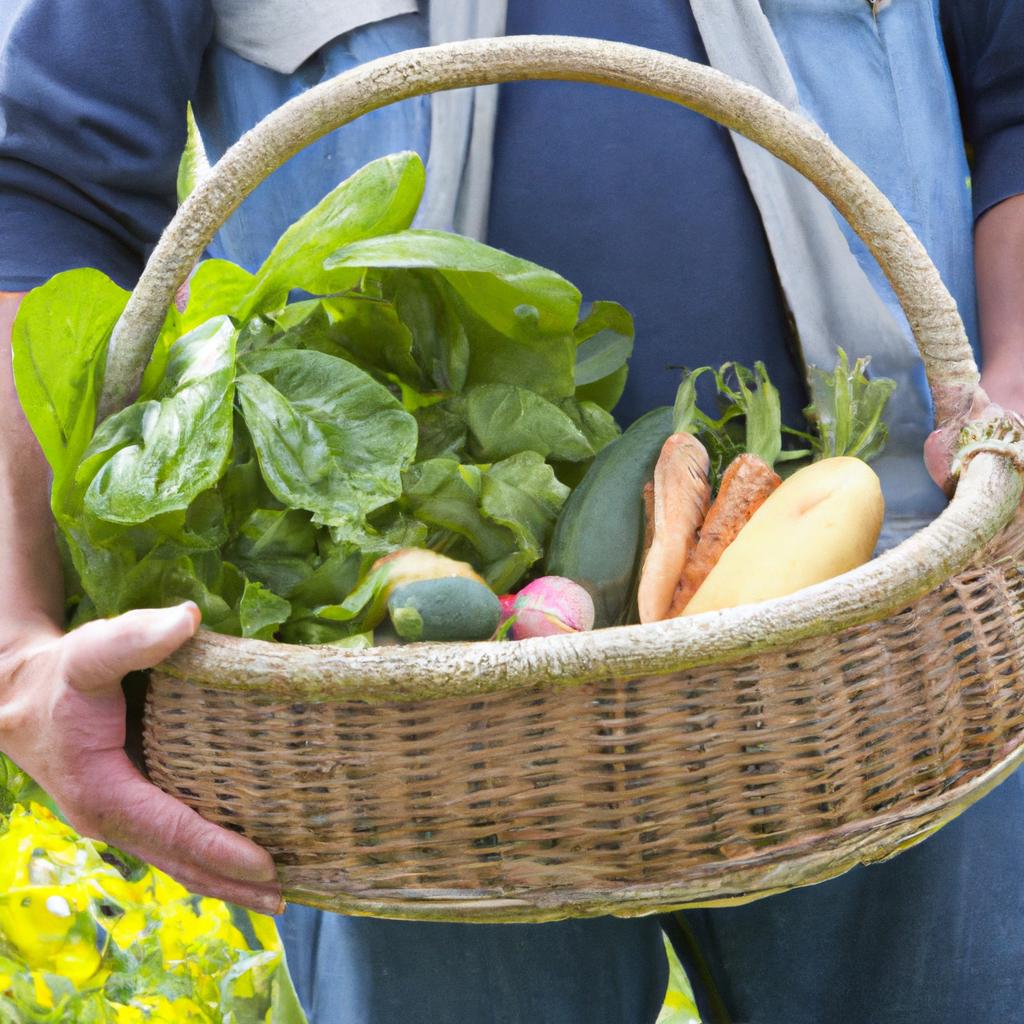
In organic gardening, it is important to use natural fertilizers and soil amendments to provide your plants with the nutrients they need to grow and thrive. Common types of organic fertilizers include compost, bone meal, blood meal, fish emulsion, and seaweed extract.
When applying fertilizers, it is crucial to follow the manufacturer’s instructions and avoid over-fertilizing, which can lead to nutrient imbalances and other problems. Organic soil amendments like lime, gypsum, and rock phosphate can also improve soil structure and nutrient availability.
By using natural fertilizers and soil amendments, you will build healthy soil and promote strong, healthy plants in your organic garden. With these organic gardening tips and tricks, you will grow a beautiful and sustainable garden that provides fresh produce and flowers for years to come.
Garden Maintenance
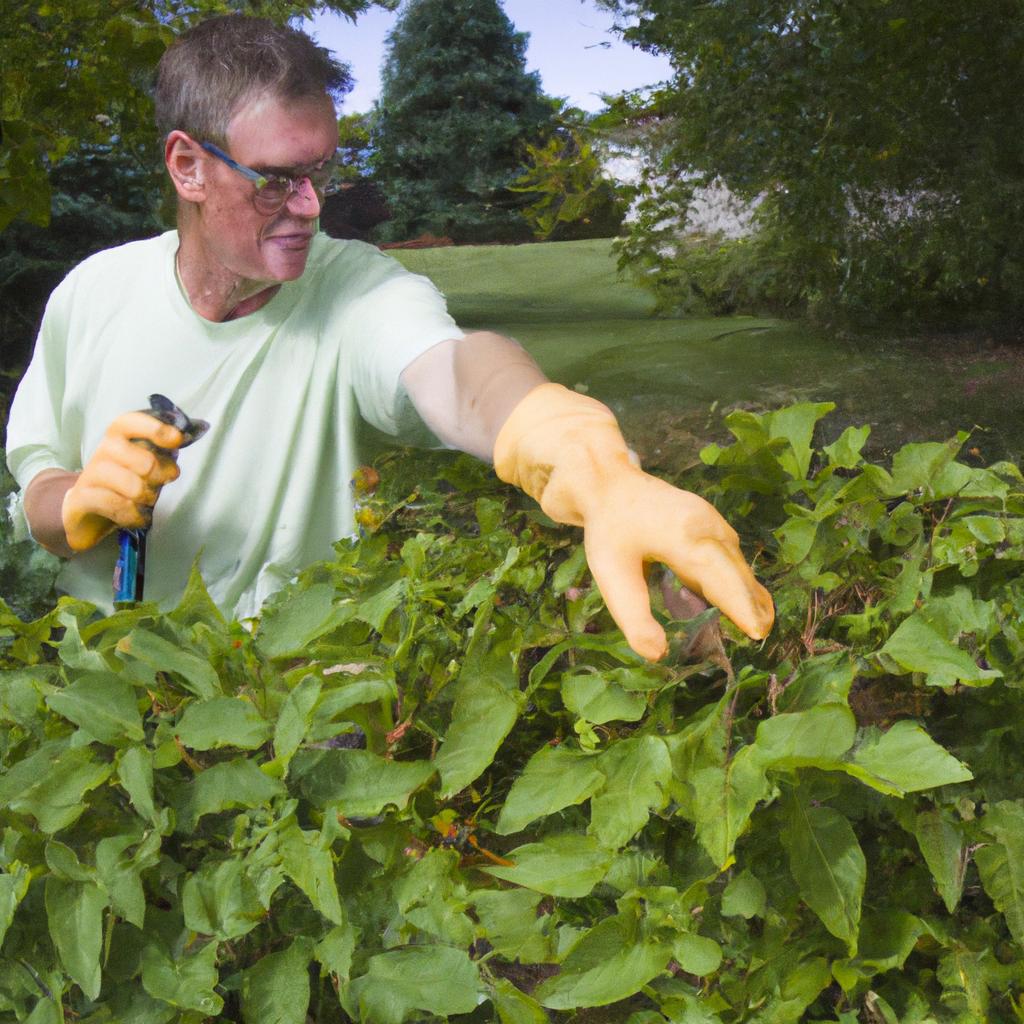
Maintaining your garden is as important as preparing and planting it. Regular maintenance tasks ensure that your plants stay healthy and productive throughout the growing season. Here are a few organic gardening tips and tricks for maintaining your garden:
Pruning and Deadheading
Pruning and deadheading are important tasks for maintaining the health and appearance of your plants. Pruning involves cutting back overgrown or damaged branches, while deadheading involves removing spent flowers to encourage new growth. Regularly pruning and deadheading your plants promotes healthy growth and flowering.
Weeding
Weeds can quickly take over your garden and compete with your plants for nutrients and water. To control weeds, regularly pull them by hand or use a hoe to remove them. You can also use organic mulches like straw or shredded leaves to suppress weed growth.
Crop Rotation
Crop rotation involves planting different crops in different areas of your garden each year to prevent soil-borne diseases and pests. By rotating your crops, you maintain soil fertility and reduce the need for synthetic fertilizers.
Harvesting
Harvesting your crops at the right time ensures the best flavor and nutritional value. Check your plants regularly for ripe fruits and vegetables and harvest them promptly. You can also prolong the harvest season by planting crops that mature at different times.
Conclusion
Starting an organic garden is a rewarding and sustainable way to grow your own food and flowers. By following these organic gardening tips and tricks, you can create a healthy and productive garden that benefits both you and the environment. Remember to test your soil, choose the right plants, and provide proper care and maintenance. We encourage you to start your own organic garden today and enjoy the many benefits of growing your own food and flowers. Happy gardening!
TooLacks – Start your organic garden with ease
